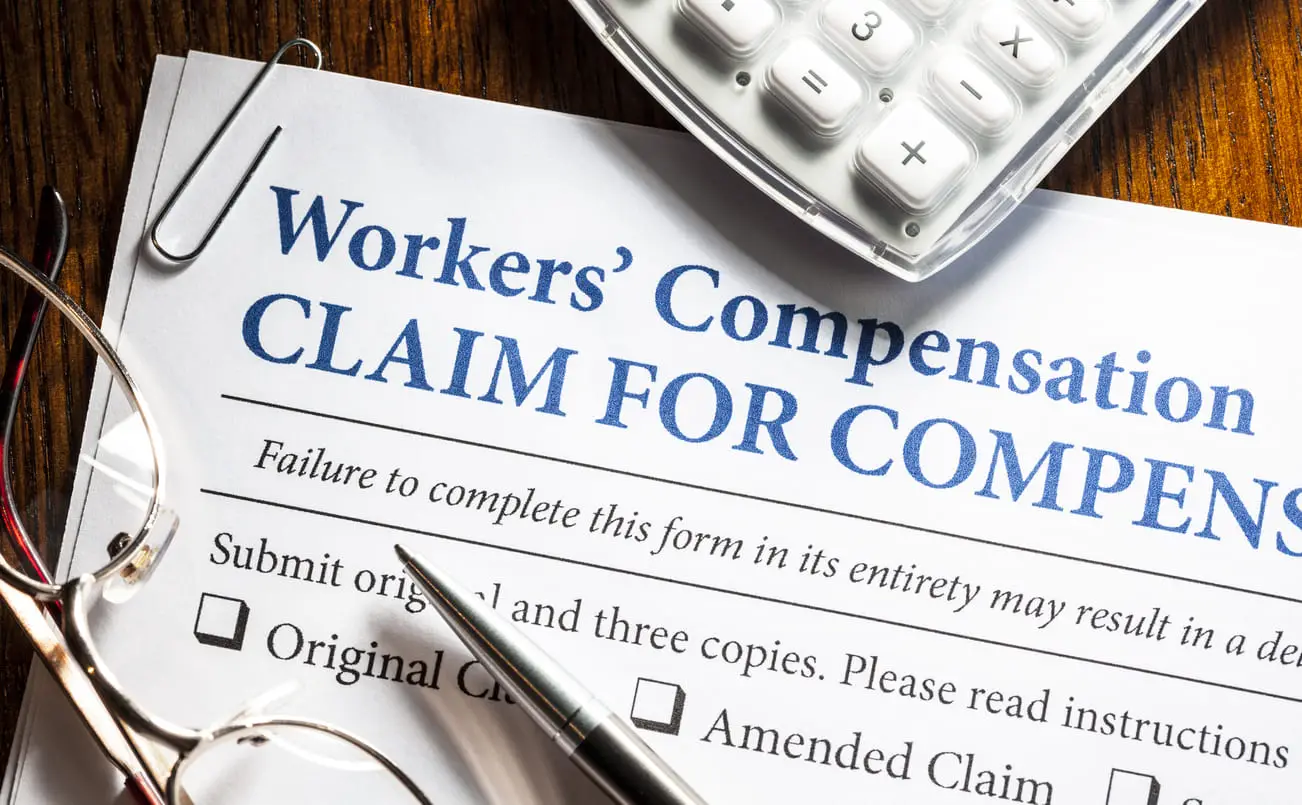When an employer refuses to a file a workers comp claim there are crucial steps that need to be taken to protect the injured worker’s rights.
Can an Injured Worker File a Workers Comp Claim if an Employer Refuses to Do So?
Employers sometimes seek to circumvent the workers comp law in order to protect their company’s reputation. Employers also seek to keep workers comp insurance rates as low as possible. An accident involving an employee can impact both company reputation and the cost of workers comp insurance. It can also lead to a comprehensive OSHA investigation and delays in a construction project.
When an employer refuses to file a workers comp claim, the injured worker must take matters into his or her own hands. An employer does not have control over whether an injured worker may file a workers comp claim. A worker may file a claim directly with the Workers’ Compensation Board. To formally file a claim, the worker must file a C-3 form with the Board. A claimant can file the C-3 form electronically on the Board’s website. The C-3 form contains information about the worker’s accident, injuries, wages, and employer. The Board will hold any error on the C-3 form against the claimant. The worker also must notify the employer of the accident, in writing, within 30 days. The workers comp law requires this notice to the employer. A claimant’s failure to timely put an employer on notice can lead to the Board denying a claim.
The Impact of Witnesses on a Controverted Claim

When an employer refuses to file a workers comp claim, even if a claim is ultimately filed by the worker, it will likely be controverted. A controverted claim means the employer’s insurance carrier is denying coverage. A carrier can controvert a claim for many reasons..
For example, a carrier may argue that no accident took place. A carrier may also argue that there was no injury and/or the claimant did not give timely notice of the accident to the employer Controverted claims usually result in a trial before the Workers’ Compensation Board. When an employer refuses to file a comp claim, the injured worker must gather all witnesses to the accident. Ideally, the worker will obtain statements in writing from these individuals prior to filing the claim.
The worker may call upon witnesses to testify at the time of trial. Workers comp attorneys have the resources to gather evidence. They can also assist a worker in ensuring all timeframes are met and a proper investigation of a claim is conducted. If your employer will not file a claim, do not wait. Contact an attorney who can assist.




